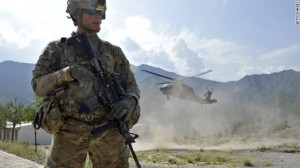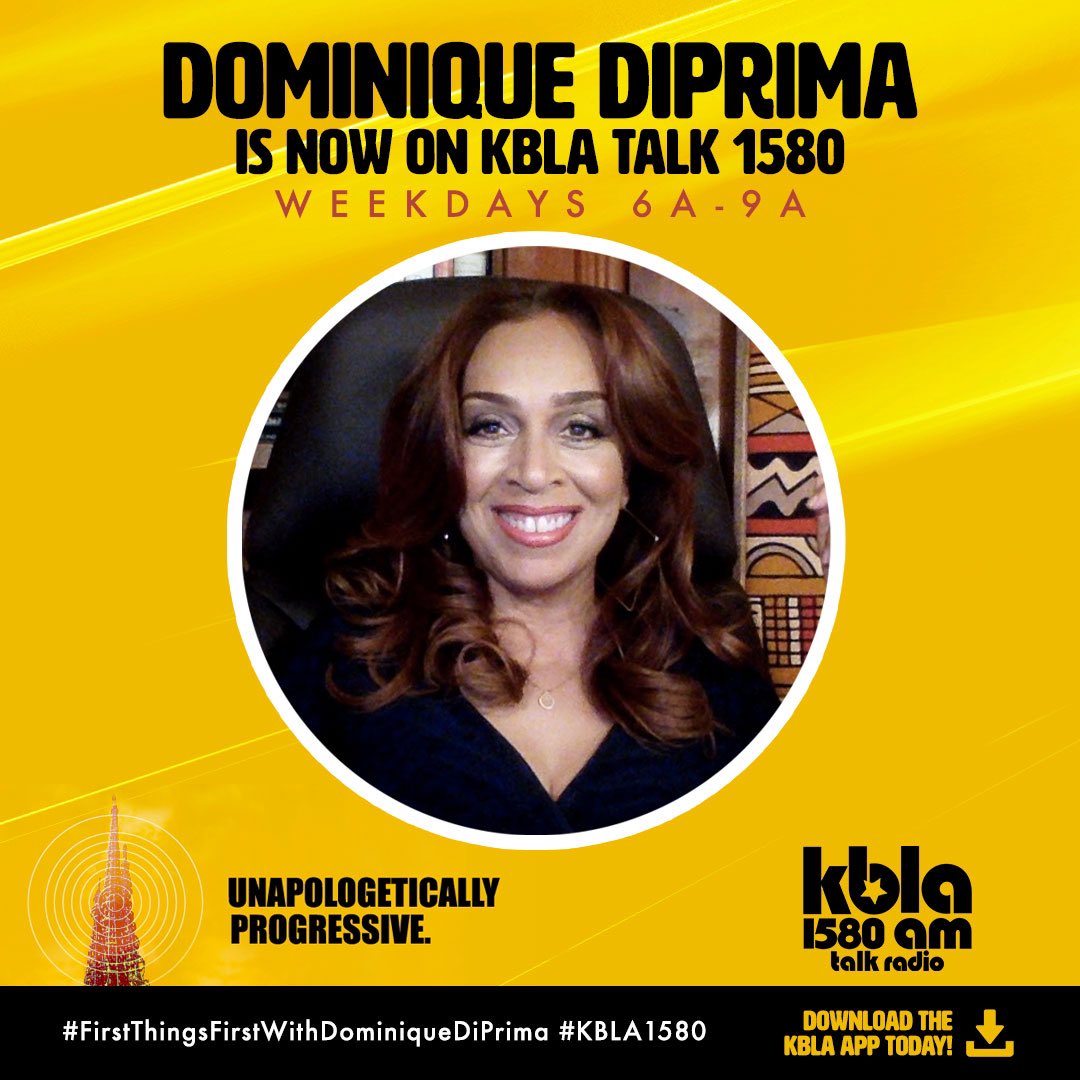America marks the 10th anniversary this week of the Afghanistan conflict, the longest running war in the nation’s history. And since the first U.S. troops headed to the mountains and valleys of the Hindu Kush in October 2001, the United States entered yet another war in Iraq.
“These wars, this time period has been unique in our history,” said Paul Taylor, one of the authors of a study published Wednesday by the Pew Research Center. “This has been the longest period of sustained conflict in our history and the fight has been carried by the smallest share.”
While Americans remain supportive of their all-volunteer military (only one half of 1% of the population has been on active duty service in the past decade), the length of the conflicts has reshaped attitudes toward war and sacrifice, the survey found.
Nine out of 10 expressed pride in the troops and three-quarters say they thanked someone in the military. But 45% said neither of the wars fought after the September 11, 2001, attacks has been worth the cost and only a quarter said they are following news of the wars closely. And half of the public say the wars have made little difference in their lives.
Veterans said they were proud of their service and that it helped them mature and gain self-confidence. Their support for the wars was higher than that of the general public but still, the Pew poll found ambivalence even among post-9/11 veterans. Just half said the Afghanistan war has been worth fighting. Only 44% feel that way about Iraq and only one-third said both wars were worth the costs.
Some of those costs were outlined in the Pew survey. Four of every 10 veterans reported they had difficulties adjusting back to life at home after the combat zone and 37% said they suffered from post-traumatic stress, even though they might not have been formally diagnosed as such.
“The ambivalence that many post-9/11 veterans feel about their military mission has a parallel in the mixture of benefits and burdens they report having experienced since their return to civilian life,” the report said.
On top of that, veterans — 84% — said most Americans do not understand the myriad problems they and their families have had to face including long separations, physical and psychological injuries and stress. Some 71% of the public agreed.
“There is some registration that there is a gap in understanding, a gap in experience,” Taylor said. “The veterans have borne the burdens of war but come back with emotional and psychological challenges to a country that does not understand them.”
Most Americans — 83% — acknowledge military members and their families have had to make a lot of sacrifices. Some military personnel have deployed as many as four or five times to Iraq and Afghanistan. But only 26% feel it’s unfair that the burden has fallen to the military. In fact, 70% view it as “just part of being in the military.”
Taylor said the longevity of the wars and the stress of multiple deployments played a role in shaping opinions — both military and civilian.
Pew surveyed 1,853 veterans, including 712 who served in the military after the 9/11 attacks. The general public survey was conducted among 2,003 adult respondents.
More than half of post-9/11 veterans also felt that too much reliance on military force to combat terrorism leads to more terrorism. On this topic, the public view was nearly identical — 52% said too much force is not a recipe for success.
Post-9/11 veterans were keen supporters of nation-building with 59% supporting those roles for America’s service members. But only 45% of the public and pre-9/11 veterans thought the military should be involved.
Drones drew big support in the survey. Nearly nine in 10 of all veterans approved the use of unmanned planes, such as the one used in last week’s killing of al Qaeda’s Anwar al-Awlaki in Yemen and 68% of civilians agreed.
Not surprisingly, those who consider nation-building activities inappropriate are especially likely to believe the wars in Afghanistan and in Iraq have not been worth fighting.
Very few Americans support a return of the draft — more than eight in 10 post-9/11 veterans and 74% of the public said no.
But a lack of a draft has been one reason that military leaders have cited in noting a growing gap between the American public and the military. The Pew study shed some light on that topic as well.
The margin of sampling error for results in the veterans survey is plus or minus 3.5 percentage points; for pre-9/11 veterans, 3.9 percentage points; and for those who served after 9/11, 5.7 percentage points. For the general public, the margin of error is plus or minus 2.5 percentage points.
Source: CNN



No Comments
Comments for Poll finds pride in military, but not for Afghanistan, Iraq wars are now closed.